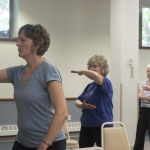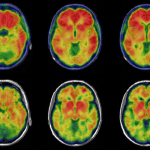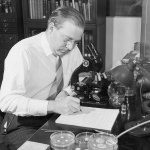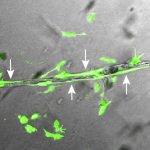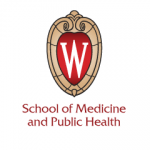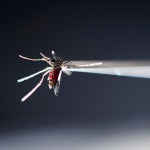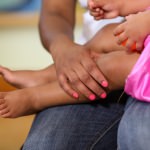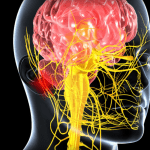Category Health & Wellness
Peanut family secret for making chemical building blocks revealed
As you bite into your next peanut butter and jelly sandwich, chew on this: The peanut you’re eating has a secret.
Plan tests ancient Chinese tradition to help elders with balance
Could a stripped-down tai chi class, taught in just 12 sessions and also practiced at home, improve balance in people over age 65 who were concerned about balance?
UW-Madison spinoff bundles nutrition and companionship for seniors
Companionship is as much a part of the attraction as the food, says co-founder Nathan Allman. Some of these relationships last for years.
Scientists pinpoint area of the brain that regulates emotional spillover
Researchers at UW–Madison's Center for Healthy Minds are discovering what happens in the brain when emotional spillover occurs and, for the first time, are able to pinpoint areas directly responsible.
Online dating study shows too many choices can lead to dissatisfaction
Could there be too many fish in the sea? When it comes to online dating, that might be the case, according to researchers at the University of Wisconsin–Madison.
Machine learning can detect a genetic disorder from speech recordings
Researchers accurately identified individuals with a genetic condition known as fragile X premutation, linked to neurodegenerative disorders, infertility or having a child with fragile X syndrome.
Stem cells yield nature’s blueprint for body’s vasculature
A team led by Igor Slukvin, a University of Wisconsin–Madison professor, describes the developmental pathway that gives rise to the different types of cells that make up human vasculature.
Study sheds light on function of protein associated with high-risk breast cancers
The function of a protein associated with breast cancer development and metastasis is now better understood, based on a new study by University of Wisconsin Carbone Cancer Center (UWCCC) researchers.
Mindfulness-focused childbirth education leads to less depression, better birth experiences
A study shows mindfulness training that addresses fear and pain during childbirth can improve women’s childbirth experiences and reduce their depression symptoms during pregnancy and the early postpartum period.
Wisconsin Express program teaches students about health care in underserved areas
A group of 75 University of Wisconsin–Madison students will be in the field May 21-26 to learn firsthand about the diversity of the state’s health care system.
UW, GE Healthcare team up to improve medical imaging, patient outcomes
A multi-decade relationship between UW–Madison and GE Healthcare has created a stream of medical imaging inventions that look inside the human body with increasing accuracy.
Over-the-counter drugs: Do we take as directed?
A marketing professor is studying how to discourage people with raging headaches from violating drug label directions. His findings could lead to changes in labeling and improved consumer education.
Program tests behaviors that prevent bowel leakage in women
A University of Wisconsin–Madison gynecological surgeon is testing an educational program to reduce or prevent incontinence in women in southern and central Wisconsin.
UW-Madison partnership works to improve birth outcomes in Wisconsin
A community-academic partnership between UW–Madison and community organizations is leading efforts in Wisconsin to improve infant health outcomes and eliminate disparities in African-American infant mortality.
Analysis: Gender differences in depression appear at age 12
An analysis just published online has broken new ground by finding gender differences in both symptoms and diagnoses of depression appearing at age 12.
Brain boot camp: New technology aims to accelerate learning
UW-Madison researchers are part of an effort to develop a low-cost, easy-to-use system that aims to accelerate learning by stimulating nerves in the head and neck to boost neural activity in the brain.


